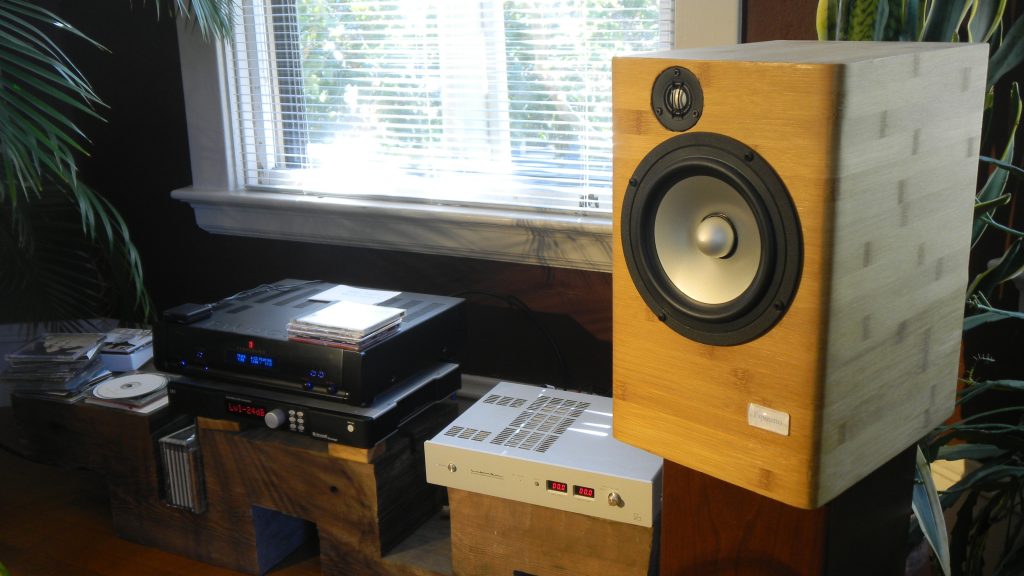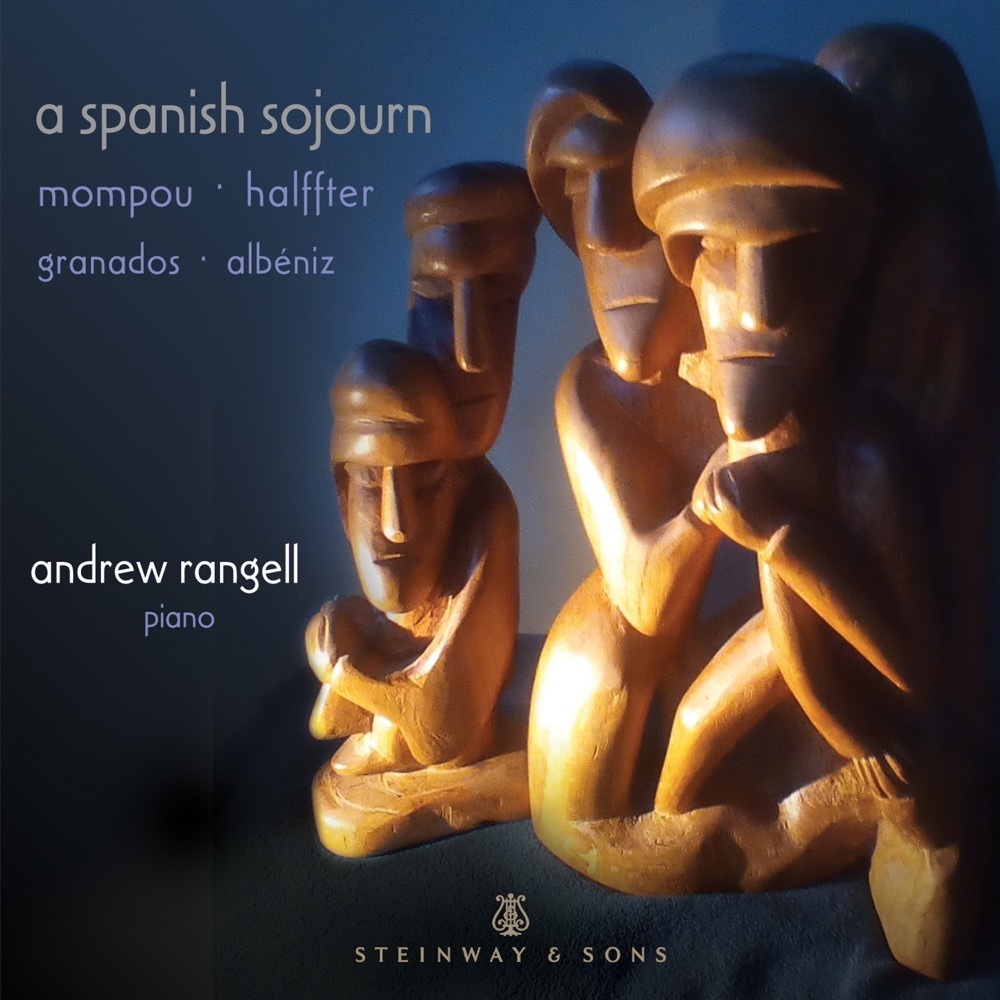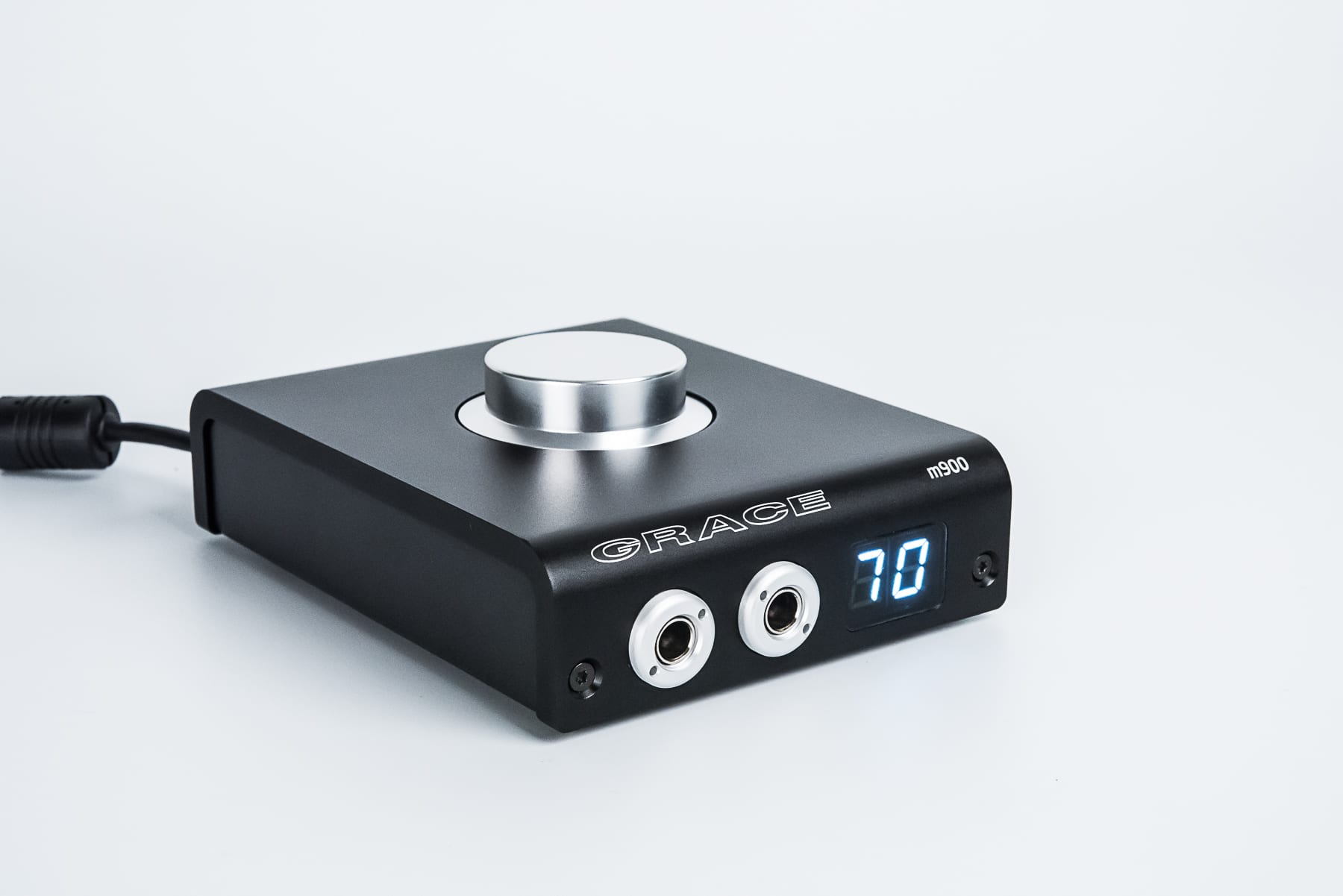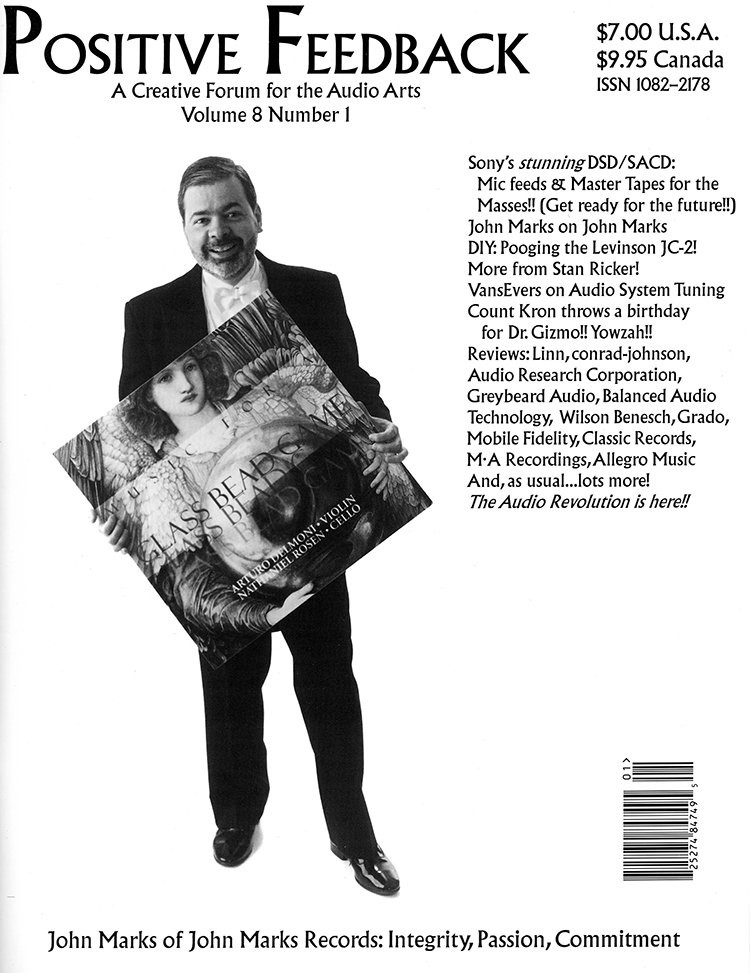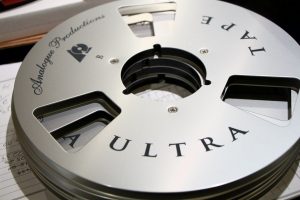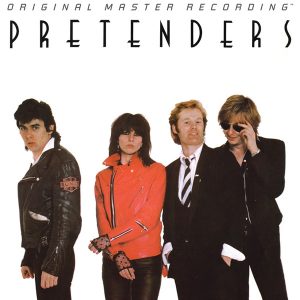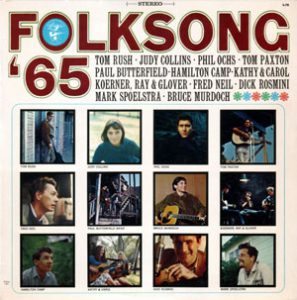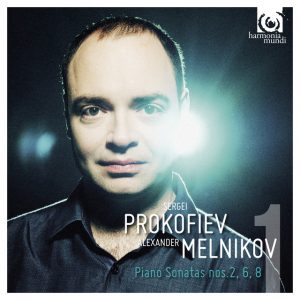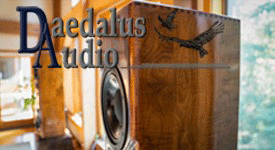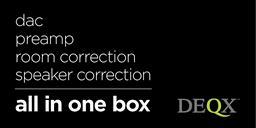For this week's "New Music" selection, John Marks shares with us Sergey Schepkin's Bach: The Six Partitas. I agree completely with John when he writes "Familiarity with at least some of Bach's masterworks is a matter of core Cultural Literacy..." Amen! Think of it as a matter of "cultural critical mass"...the truly worthy things that you should be conversant with if you wish to be a civilized human being.
And, after all, isn't that something that we should all be seeking to attain?
Dr. David W. Robinson
Ye Olde Editor
Sergey Schepkin: J. S. Bach: The Six Partitas, BWV 825-830. 2-CD set Steinway & Sons 30069. (No high-resolution download available at present). Recorded September 2014 and September 2015, Jordan Hall, New England Conservatory, Boston, Massachusetts; Sergey Schepkin, producer; Patrick Keating, engineer.
Even if your only exposure to Bach's great keyboard works played on the modern piano is one or another of Glenn Gould's recordings of the Goldberg Variations (there are three, you know), you really should consider buying this new set of the Partitas on Steinway & Sons' CD label. Don't be scared off by the technical term "Partita." All that means is that these are multi-movement works made up of parts; specifically, sections that usually were named after dances. Bach's contemporaries would have understood the dance names such as "Sarabande" as giving an idea as to the tempo and feeling of each segment. The liner notes make the important point that this is not music to dance to; it is music for its own sake, about the idea or the ideal of dancing.
Sergey Schepkin's playing is technically as good as anyone else's out there, and his interpretations are a moveable feast—by turns fleet, witty, and playful; or, delicate, subtle, and pensive (or even serious or solemn). This music can mind its own business in the background at Campari time, but it is also worth your undivided attention late at night.
Backstory, details, and elaboration after the jump; and with generous sound samples, of course.
Photo courtesy www.schepkin.com, © 2014 Kathy Chapman
I have been telling readers and friends for some time now that we are in a golden age of string-quartet playing… . However, the number of young pianists who are already musically mature, taken together with those pianists who first made a splash perhaps 20 years ago but who in the interval have only gotten better (such as Sergey Schepkin and his MIT colleague David Deveau) is also rather awe-inspiring. If you need some catching up, find the "Categories" menu box to the right, and click on "Piano."
Not to forget to heap praise and honors upon Steinway & Sons for stepping up and entering the CD business, thereby allowing music lovers to encounter the recordings physically, by which I mean especially the liner notes and credits. I think that the packaging and presentation of this release (and Schepkin's companion French Suites) are the best I have seen so far from Steinway & Sons Recordings; but I also realize that tastes may vary, especially regarding the pre-Revolutionary French paintings.
I have taken the promised Sabbatical from Shostakovich coverage, with Bach the beneficiary—and there is more Bach in the offing. When I was a Visiting Lecturer at Thomas More College in New Hampshire, I would tell the students that one could fill the free time of a lifetime engaging with Bach's masterworks and learning about Bach's musical predecessors and Bach's continuing influence.
Two examples will have to suffice. Dmitri Shostakovich once asked Rodion Shchedrin the "Desert Island Score" question: Were Shchedrin to be exiled to a deserted island and could bring only one score with him, which would it be? Shchedrin's answer was prompt: J.S. Bach's The Art of the Fugue.
When Shchedrin then turned the question on him, Shostakovich answered, "Das Lied von der Erde, by Mahler." The relevance being that the only books in Mahler's composing hut were the set of Johann Nikolaus Forkel's survey of Bach's works.
I think it is fair to say that if you can't associate the names Romeo, Juliet, and Hamlet with plays by Shakespeare, you are not very culturally literate. I also think that cultural literacy requires at a minimum an awareness of the place of Bach's music in the history of music and some experience hearing some of Bach's masterworks. What those masterworks just might be, sounds like a topic for a post later on. The most important thing being, this is not a matter of, "Eat your spinach, it is good for you." Millions of people have found in Bach's alchemical fusing of mastery of structure with overflowing inspiration a life-enhancing connection with higher things.
This is in the realm of speculation, but I have often wondered whether Bach's practice of making sets of six similar works (not only keyboard works such as the Partitas but also the solo works for violin and cello) was a sly nod at the Biblical Six Days of Creation.
Not only from the standpoint of Bach's respect for his own creative achievements; but also from the notion that an ambitious student who wanted to learn all Bach had to offer for his or instrument could work on one of the six pieces a day for six days, with the seventh day reserved for worship and rest. As L. P. Hartley wrote, the past is a foreign country: they do things differently there. Bach viewed the world and life differently than most of us do today.
Sergey Schepkin was born in St. Petersburg, Russia. He studied piano at the St. Petersburg Conservatory, graduating summa cum laude in 1985. After relocating to the United States in 1990, he studied with Russell Sherman at New England Conservatory in Boston, where he earned an Artist Diploma in 1992, and a Doctor of Musical Arts degree in 1999.
Circa 20 years ago, Schepkin made a big splash playing Bach keyboard works in recital and also releasing a series of recordings on the Ongaku label that were met with rapturous reviews, the comparisons to the young Glenn Gould coming fast and furious.
Of his Weill Recital Hall recital in 1995, the New York Times wrote:
Sergey Schepkin is an extraordinary young pianist who has made the keyboard music of Bach his central preoccupation. … Two years after his New York debut, he played Bach's six Partitas with striking purity of tone, complete technical control and restless intelligence. … Mr. Schepkin's lofty perspective held one mesmerized. … His next thoughts on this repertory are eagerly awaited.
So, here are sound samples of the above-mentioned next thoughts:
Familiarity with at least some of Bach's masterworks is a matter of core Cultural Literacy, and the Partitas are on that list. Sergey Schepkin's new set—the playing, recorded sound, and presentation are world-class—is as good an introduction as any; and for those who already have a favorite set, well worth comparing and pondering.
(There will be a follow-up posting in which Dr. Schepkin will answer some questions from me.)




